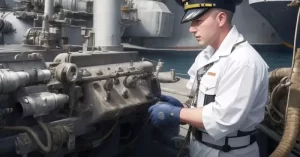Table of Contents
Marine Engineering Navy
Designing and maintaining ships and other vessels is the main emphasis of marine engineering. Planning, constructing, operating, and maintaining ship machinery is the main area of marine Engineering.
As a Marine Engineer, you can learn shipbuilding, machinery operation, and maintenance. Marine Engineering also teaches you to pick up these systems’ smooth and efficient operation. It combines computer, math, and engineering skills.
Other fields like ship design, navigation, and maritime technology are interconnected with this one. To do well in this field, you must understand physics (how things move in water), be good at math, and know your way around computer design.
The specialties available to marine engineering students include ship design, ocean operations, and technology management. They gain knowledge of mechanics, substances, and specialized computer applications.
Shipbuilding firms, the Navy, offshore oil and gas, or maritime research are just a few potential employers for marine engineers.
Some jobs they can have are accident consultants, sales engineers, or ship engineers. The main aim of marine engineering is to keep the ships moving in safe and healthy conditions.
Topics in Marine Engineering
- Main Engines
- Generators
- Electrical Systems
- Boilers
- Refrigeration
- Air Compressors
- Oil and Water Separator Systems
- Sewage Treatment Plants
- Freshwater Generator Plants
- Propulsion Systems
- Pumps, Piping Systems, Pipe Fittings, and Valves
- Marine Growth and Its Prevention
- Other Auxiliary Systems
- Performance, Efficiency, and Workshop Tools
- Ejectors and Educators
- Boat Engines
Main Engines
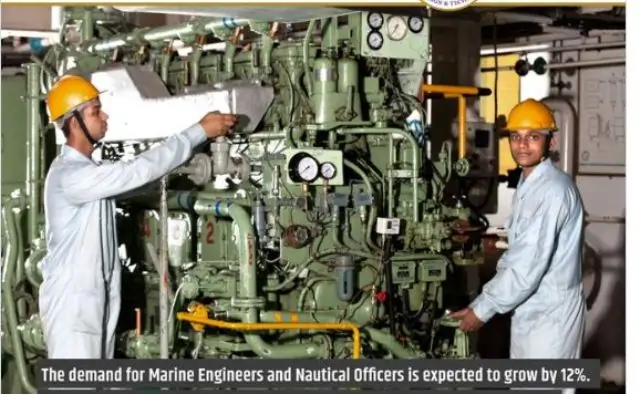


The Main Engine is the biggest machine in the Engine room, which drives the ship. In-depth knowledge of Engines will be gained over the years one has put up. Aspiring marine Engineers should have the basic knowledge of the following terminology. Main Engines are also called Marine Engines.
Generators
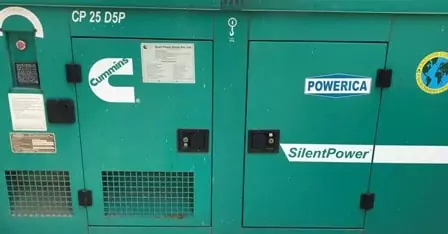


A diesel generator (DG) (also known as a diesel Genset) is the combination of a diesel engine with an electric generator (often an alternator) to generate electrical energy. DG sets are also called auxiliary engines and are as important as main Engines. Generators are the Ships Life.
Electrical
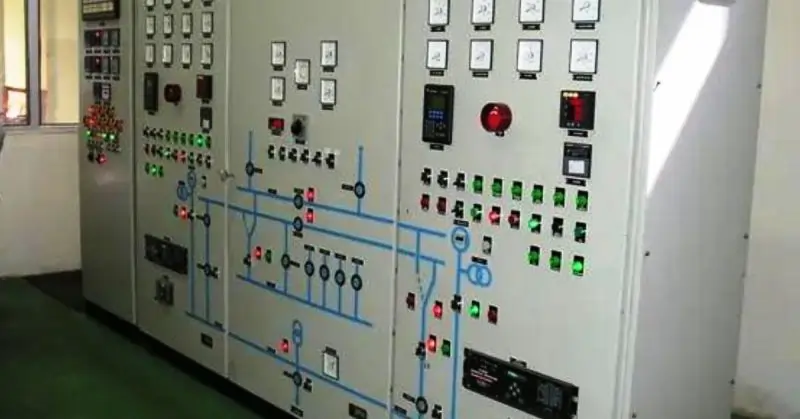


- While approaching the machinery, Marine Engineers should have adequate knowledge of the Ship’s Electrical system.
- Should be competent enough to diagnose the faults and do simple troubleshooting. Marine engineers should also have a comprehensive knowledge of onboard ancillary electrical services and detailed battery care and upkeep information.
- Should have further knowledge of Electrical propulsion and high voltage practice safety procedures and testing methods.
Boilers
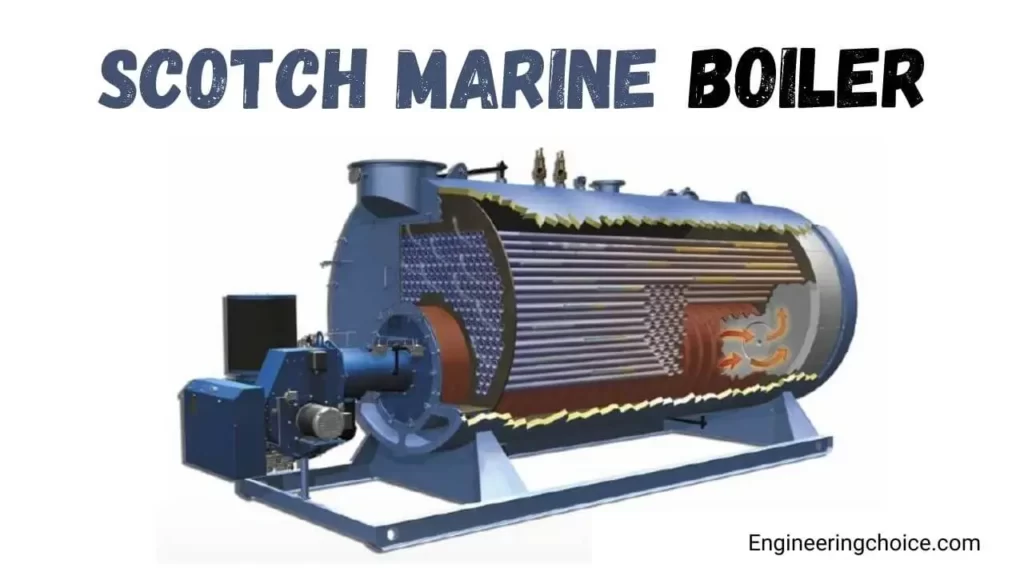


Boilers are super important in marine engineering. They make the steam that powers the ship’s engines and other stuff onboard. They turn fuel energy into steam to move the ship.. Marine boilers are designed to withstand the harsh and dynamic environment of the sea and must operate reliably and safely in all conditions.
Refrigeration
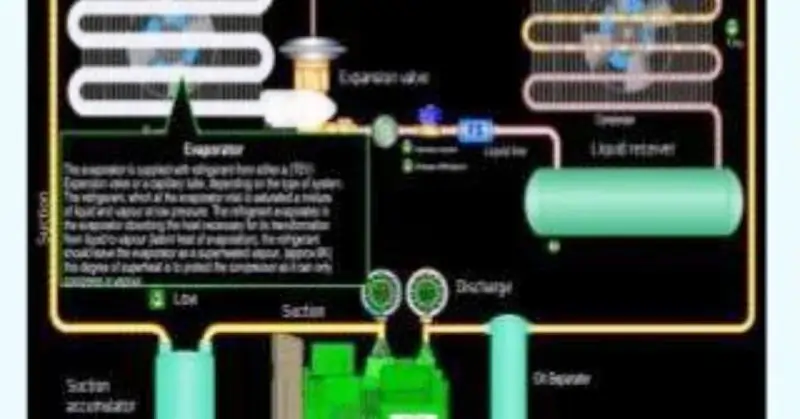


Refrigeration is super important in marine engineering because it helps keep food and things from spoiling on ships. Shipboard refrigeration systems are built to perform dependably in challenging marine settings and are subject to stringent requirements to protect the environment and the crew.
Air Compressor
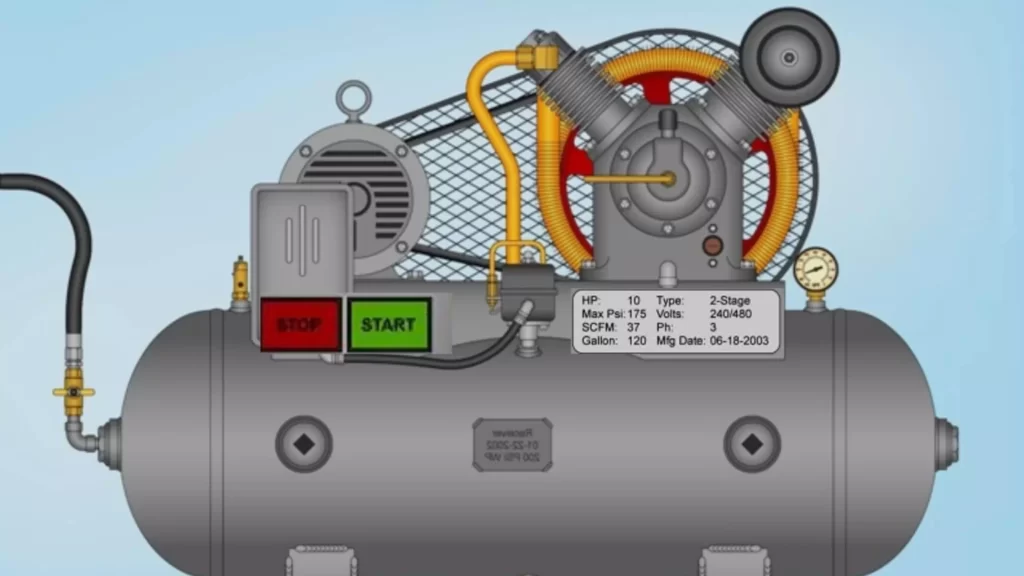


Air compressors are like super important machines on ships because they provide the compressed air needed to make lots of things work. They help start engines, run tools, and keep different areas on the ship pressurized and well-ventilated.
Oil and Water separator system
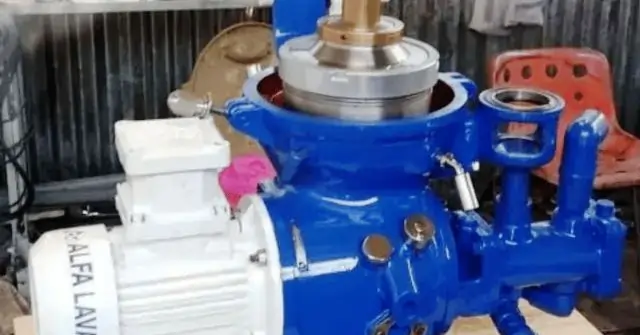


Oil and Water centrifuging system: – An oily water separator is a piece of equipment specific to the shipping or marine industry. This equipment separates oil and water mixtures into their separate units. This page refers exclusively to oily water separators aboard marine vessels. This equipment is available onboard ships. This equipment will separate oil from oily wastewater, such as bilge water, before discharge into the environment.
Sewage Treatment Plant
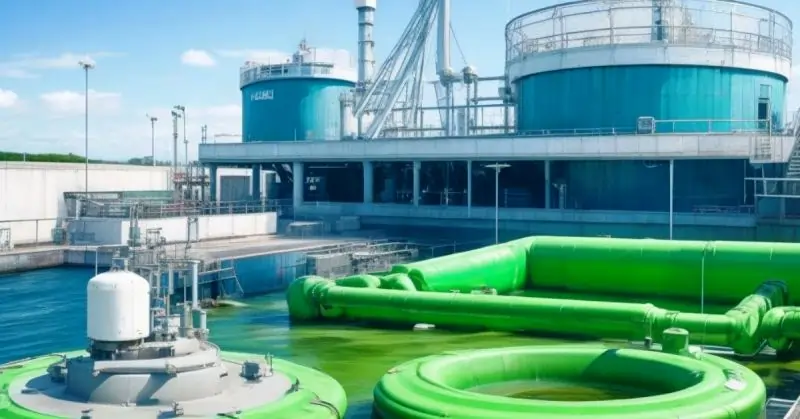


A sewage treatment plant is a product that deals with and converts raw effluents over different steps involving breaking, filtering, settling, controlled aerobic decomposition, and chemical treatment.
Freshwater generator plant
Freshwater production machine: – Freshwater is the essential commodity onboard vessels.
There is a large consumption amount of freshwater onboard a vessel.
Ship staff consumes much water to more than 100ltrs/ per day /staff.
There is a tremendous amount of water requirement In a steamship to run the steam turbine.
Propulsion system
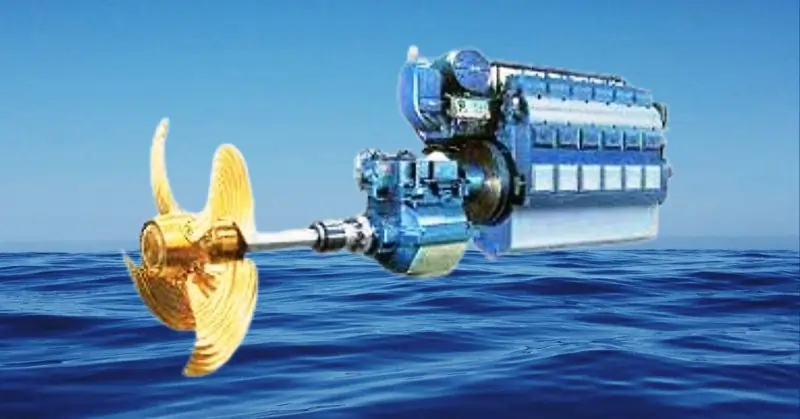


Sips Propulsion: – This is the central system for ships’ movements from one place to another.
This system generates the thrust to move the boat. This system consists of Main Engines or an electric arrangement to move the ship through propellers.
Marine growth and its prevention
Aquatic crop and its avoidance: – Aquatic crop The growth of an Aquatic entity can have an enormous impact on the ship, including its structure.
Other Auxiliaries
Other Equipment: – Marine auxiliaries Machinery, other than the central propulsion unit, are usually called ‘auxiliary’ even though without some auxiliaries, the central machinery would not operate for long. The items considered are air compressors, heat exchangers, distillation equipment, oil/water separators, sewage treatment plants, and incinerators.
Performance, Efficiency, and workshop tools
Achievement, Efficiency, and Workshop Tools: – Marine Engineers should have complete knowledge of all the measuring devices, working tools, measuring instruments, gauges, and other performance analysis tools and instruments.
Ejector and eductor
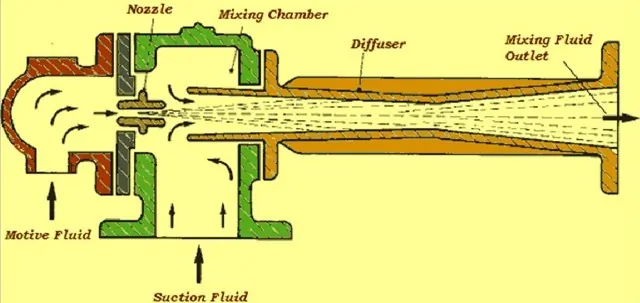


Ejector: They are used to maintain the system vacuum upstream. In contrast, the educator’s main objective is to remove fluid volume from a system by keeping system pressure upstream. The motive fluid used is water; the Ejector sucks the system’s excess volume and maintains the system pressure accurately.
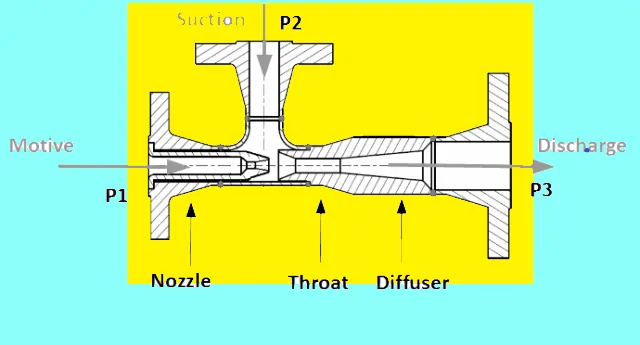


Eductors: The motive fluid used is air. Eductors are used for sucking the muddy water or oily water from the ship’s bilges. Here, the motive fluid is high-pressure water. Hence, the eductor can transfer a considerable fluid volume from low to high pressure.
FAQ on ” Marine Engineering Navy
Q: What is marine engineering in the Navy?
A: Marine engineering in the Navy focuses on ships, engines, and technology to keep naval operations running smoothly.
Q: Why is marine engineering important in the Navy?
A: Marine engineering is crucial for maintaining the Navy’s fleet and ensuring safe and efficient maritime operations.
Q: What do marine engineers in the Navy do?
A: Marine engineers in the Navy design, operate, and maintain naval vessels, including their engines and systems.
Q: What role does technology play in marine engineering for the Navy?
A: Technology is vital in marine engineering, helping the Navy innovate and improve ship performance, safety, and environmental impact.
Blog post Conclusion
We shall appreciate the comments from our readers. We shall also implement the suggestions from our readers to improve this The Best Marine Engineering Tutorials For Marine Engineering Students.
